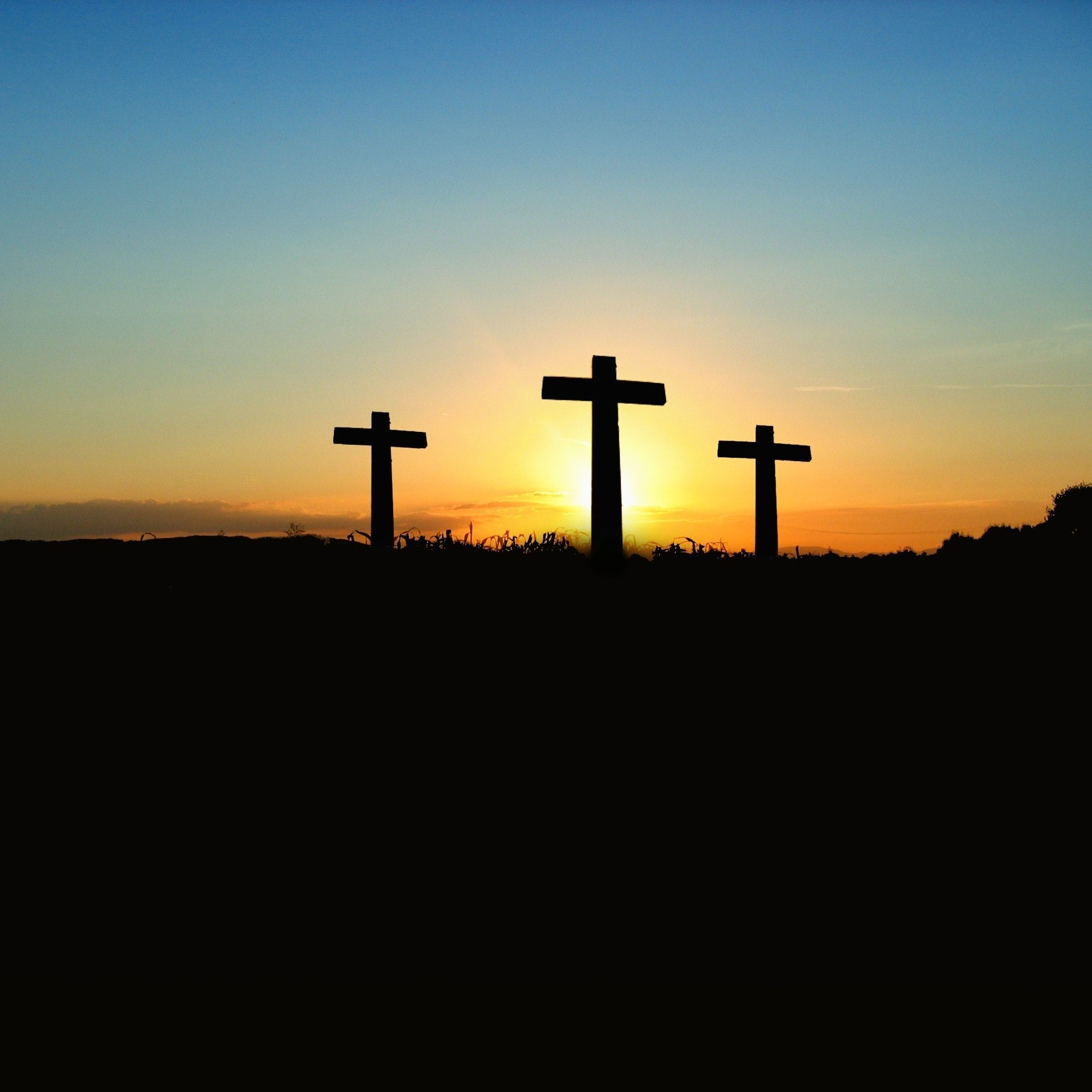09-19-2025 PART 1: Hannah’s Silent Cry, Heaven’s Strong Answer
Section 1
Hannah’s pain is real and relentless: taunted by Peninnah, weighed down by barrenness, and pressed by that “thumb” of depression. Instead of folding, she runs first to the Lord, pouring out her anguish at the temple. Eli misreads her silent, lip-moving prayer as drunkenness, but Hannah insists she’s sober—only sorrowful—and is emptying her heart before God. This scene establishes a key truth: effective prayer doesn’t have to be audible; God receives the unspoken groans as surely as shouted petitions.
Section 2
The teaching pivots to what pouring it out actually looks like: cast your burden onto the Lord and don’t “yo-yo” it back into your own hands. In this one-on-one fellowship, the God of all comfort lightens the load, bringing relief where heaviness sat. Counseling can be wise and welcomed—especially when woven with Christian conviction—but the first move is toward God’s presence. Like Psalm 37’s rhythm—lean, love, lift, and let go—this posture invites heaven’s resources to break into earthly strain.
Section 3
When Eli realizes his mistake, he blesses Hannah: “May the God of Israel grant your request,” and that encouragement flips her demeanor—she eats again and is no longer sad. Leaders can err; grace corrects and then strengthens. The takeaway is communal and personal: God often ministers through His people, and our timely words can steady another believer’s soul. When the Lord is drawn into the circumstance, the kingdom’s weight displaces the world’s worry—and no one can stop what heaven has decided to do.




